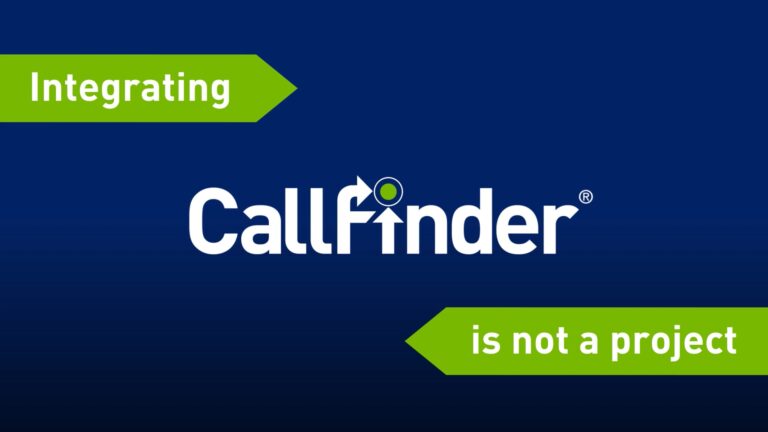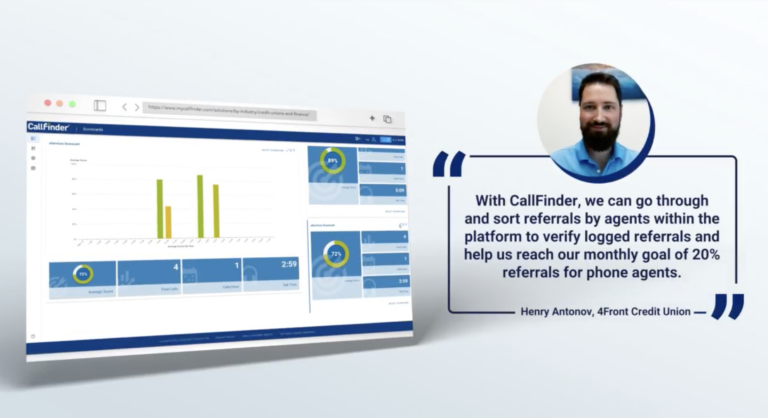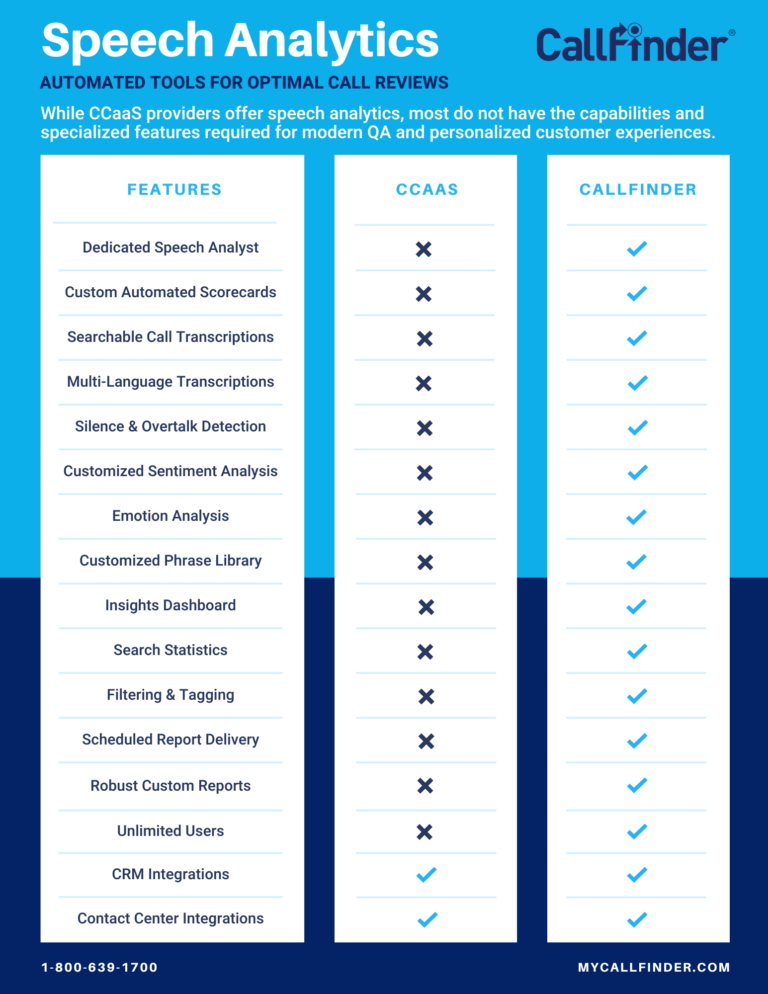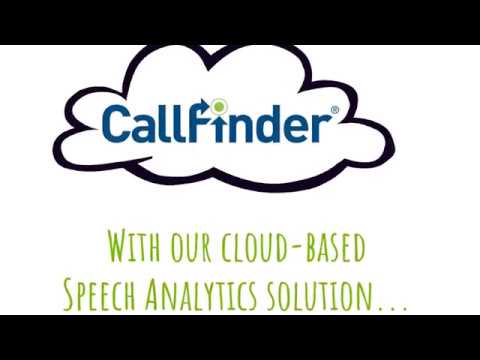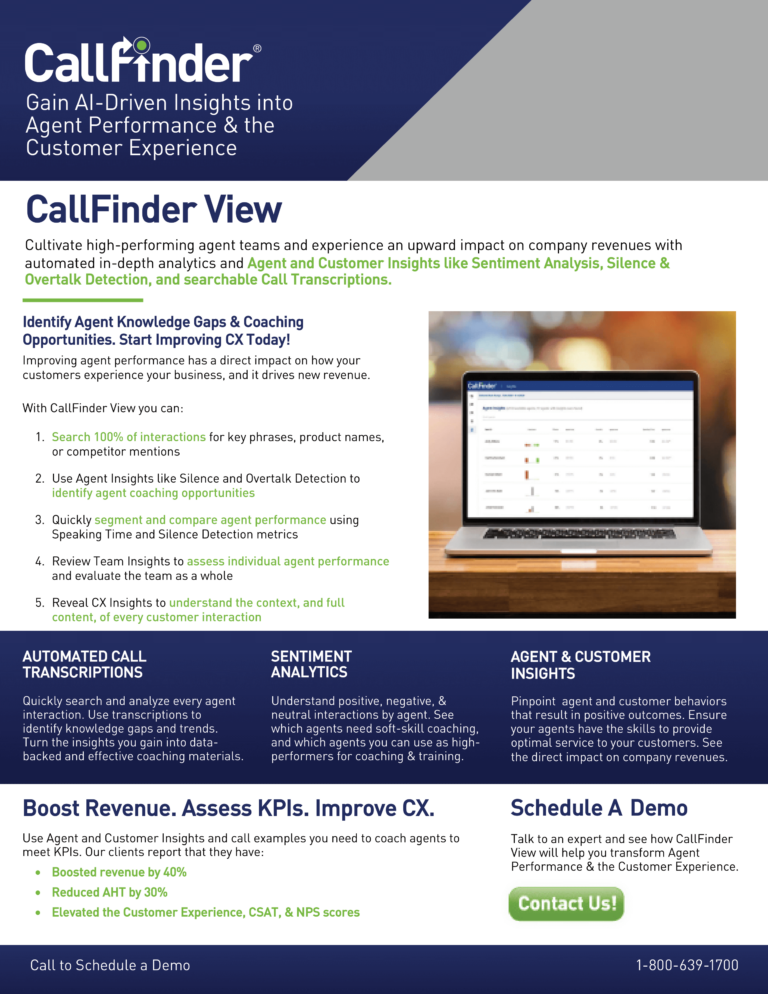In the era of rapid technological advancements, Artificial Intelligence (AI) has revolutionized many facets of business operations, from customer service to data analytics. However, it’s crucial to emphasize that AI does not run businesses—people do. The effectiveness of AI tools and systems is inherently tied to the quality of human input and oversight. This symbiotic relationship underscores the importance of human expertise, decision-making, and ethical considerations in leveraging AI for business success.
The Role of AI in Business
AI serves as a powerful tool that enhances efficiency, accuracy, and innovation. Businesses deploy AI for various functions, such as automating routine tasks, analyzing large datasets for actionable insights, personalizing customer experiences, and predicting market trends. For instance, AI algorithms can sift through massive amounts of data to identify patterns and anomalies that might be invisible to the human eye. This capability allows companies to make data-driven decisions with a higher degree of confidence using automated tools like speech analytics software.
Despite these advancements, AI is not autonomous. It relies heavily on the data that humans feed it, the parameters set by programmers, and the goals defined by business leaders. Therefore, the quality of AI’s output is a direct reflection of the quality of the input it receives.
The Human Element: Input Quality Determines Output Quality
The saying “garbage in, garbage out” (GIGO) perfectly encapsulates the relationship between input quality and output quality in AI systems. If the data provided to an AI system is flawed, biased, or incomplete, the outcomes will be similarly flawed, biased, or incomplete. Here are key areas where human input plays a critical role:
1. Data Quality and Management: Accurate, comprehensive, and representative data sets are essential for AI to function effectively. Humans are responsible for curating and maintaining these data sets, ensuring they are free from biases and inaccuracies that could skew results.
2. Algorithm Development: The creation of AI algorithms is a sophisticated process that requires human expertise. Programmers and data scientists must design algorithms that align with business objectives while avoiding unintended consequences.
3. Ethical Oversight: AI systems can inadvertently perpetuate biases present in the data they are trained on. Human oversight is necessary to identify and mitigate such biases, ensuring that AI applications are fair and ethical.
4. Strategic Decision-Making: While AI can provide valuable insights, the strategic decisions that shape a business’s direction are made by people. Leaders must interpret AI-generated data within the broader context of their industry, market conditions, and organizational goals.
Case Studies Highlighting Human-Driven AI Success
Several successful applications of AI underscore the critical role of human input. For example, in the healthcare industry, AI-driven diagnostic tools have significantly improved disease detection rates. However, these tools are only as effective as the medical data they are trained on and the clinicians who interpret their results.
Similarly, in finance, AI algorithms for fraud detection and risk management rely on accurate data inputs and expert oversight to function effectively. And this occurs in customer service, where AI-powered chatbots handle basic inquiries, freeing human agents to tackle more complex issues. The success of these chatbots hinges on continuous human input to update knowledge bases, refine algorithms, and handle escalations.
AI Is Not A Substitute for Human Intelligence
AI is a transformative force in modern business, but it is not a substitute for human leadership and expertise. The adage “garbage in, garbage out” remains pertinent—highlighting that the quality of AI’s output is intrinsically linked to the quality of human input. Therefore, businesses must prioritize data integrity, ethical oversight, and strategic decision-making to harness the full potential of AI.
Ultimately, it is the people behind the AI who drive business success, ensuring that technology serves as a tool to augment, not replace, human ingenuity and judgment. Stay tuned for more discussions on AI vs human intelligence, and follow us on LinkedIn for announcements about our upcoming livestream series on this topic!

